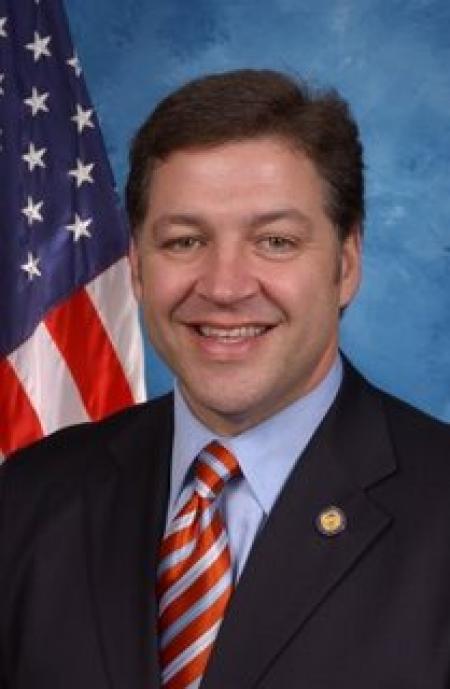
In an Op-Ed published Wednesday in the Washington Times, U.S. Rep. Bill Shuster (R-PA), chairman of the House Transportation and Infrastructure Committee, sounded off a call for cooperation on the nation’s infrastructure, including changes to the Highway Trust Fund and raising a user fee at the pump.
While criticizing deficit spending, Shuster pointed out that there is another shortfall in the Highway Trust Fund looming in 2020. If that happens, he said, Congress would have to turn to deficit spending to cover the shortfall–a route they have taken in the past. The fund supports the interstate highway system through taxes on gasoline and diesel.
Bearing that in mind, Shuster called for raising the user fee at the pump.
“Some argue that paying at the pump constitutes a “regressive” user fee that most impacts drivers from rural areas,” Shuster wrote. “However, what they don’t say is that this actually provides a progressive benefit. For example, in my state of Pennsylvania, for every $1 paid at the pump, very rural areas receive $1.70 back to help build and maintain their infrastructure.”
He also noted the issue of the Highway Trust Fund’s efficacy. The user fee attached to it has remained unchanged for 25 years–18.4 cents per gallon on gasoline and 24.4 cents per gallon of diesel fuel–leading to a fund that no longer reflects the current value of the dollar, Shuster wrote. That violates the fund’s social contract in his view, that if one uses the road, they should pay for its upkeep.
“For example, based on the value of the dollar in 1993, when the user fee was last adjusted, the user fee has lost approximately 40 percent of its purchasing power,” Shuster wrote. “Greater fuel efficiency and growth in hybrid vehicle usage mean that highway users are paying less into the system per mile traveled. Furthermore, electric car drivers don’t pay a dime into the Highway Trust Fund. The current path is not sustainable.”
He further called for Congress to address these issues, with the sobering fact that there was no one solution, and it would not be easy. Shuster called for cooperation on the issue in the legislature and reached out to President Donald Trump as well, to take leadership in the matter.